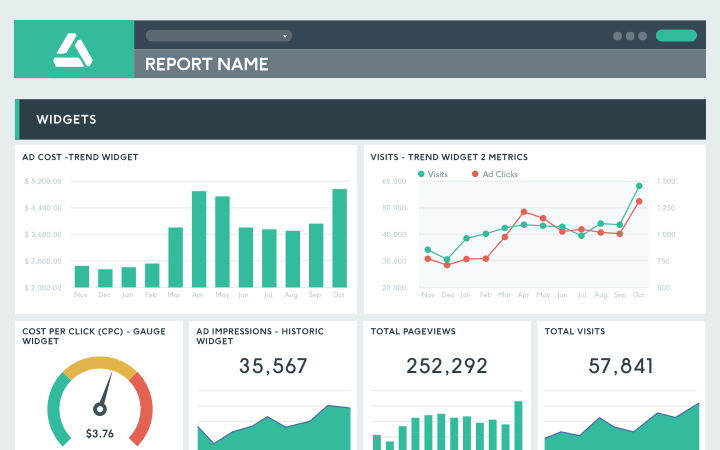The Ultimate Guide to Choosing the Best Dashboard Reporting Tool for Your Needs

Effective data visualization is crucial for businesses to make informed decisions. Dashboard reporting tools help in presenting complex data in a simple and visually appealing way. With a plethora of options available in the market, it can be overwhelming to choose the best dashboard reporting tool that suits your specific needs. This ultimate guide is here to help you navigate through the selection process and make an informed decision.
Understanding Your Requirements
Factors to Consider:
- Identify the key metrics and KPIs you need to track
- Determine the data sources you will be integrating with the tool
- Consider the level of customization and flexibility you require in designing dashboards
- Think about the technical expertise of your team to handle the tool
- Evaluate your budget constraints
Types of Dashboard Reporting Tools
Common Types:
- Self-Service BI Tools: Allow users to create their own dashboards without IT assistance
- Cloud-Based Tools: Offer scalability and accessibility from anywhere
- Open-Source Tools: Provide flexibility for customization and are cost-effective
- Enterprise Solutions: Suitable for large organizations with complex data need
Top Dashboard Reporting Tools in the Market
1. Tableau
- Dashboard reporting tool offers a wide range of visualization options
- Intuitive drag-and-drop interface for easy dashboard creation
- Scalable for small businesses to large enterprises
2. Microsoft Power BI
- Seamless integration with other Microsoft products
- Robust data modeling capabilities
- Real-time dashboard updates
3. Google Data Studio
- Free tool with Google Drive integration
- Customizable and shareable dashboards
- Collaboration features for team projects
4. Domo
- Cloud-based platform for real-time data visualization
- Integrates with various data sources
- Includes advanced analytics capabilities
Final Considerations
Ask Yourself:
- Does the tool meet your specific requirements?
- Is the pricing within your budget constraints?
- What level of technical support is provided?
- Are there any training resources available for your team?
- Does the tool offer scalability for future growth?
Choosing the best dashboard reporting tool for your needs requires careful consideration of your requirements, available features, and budget constraints. By understanding what you need in a dashboard reporting tool and evaluating the available options based on key criteria, you can make an informed decision that will benefit your business in the long run.